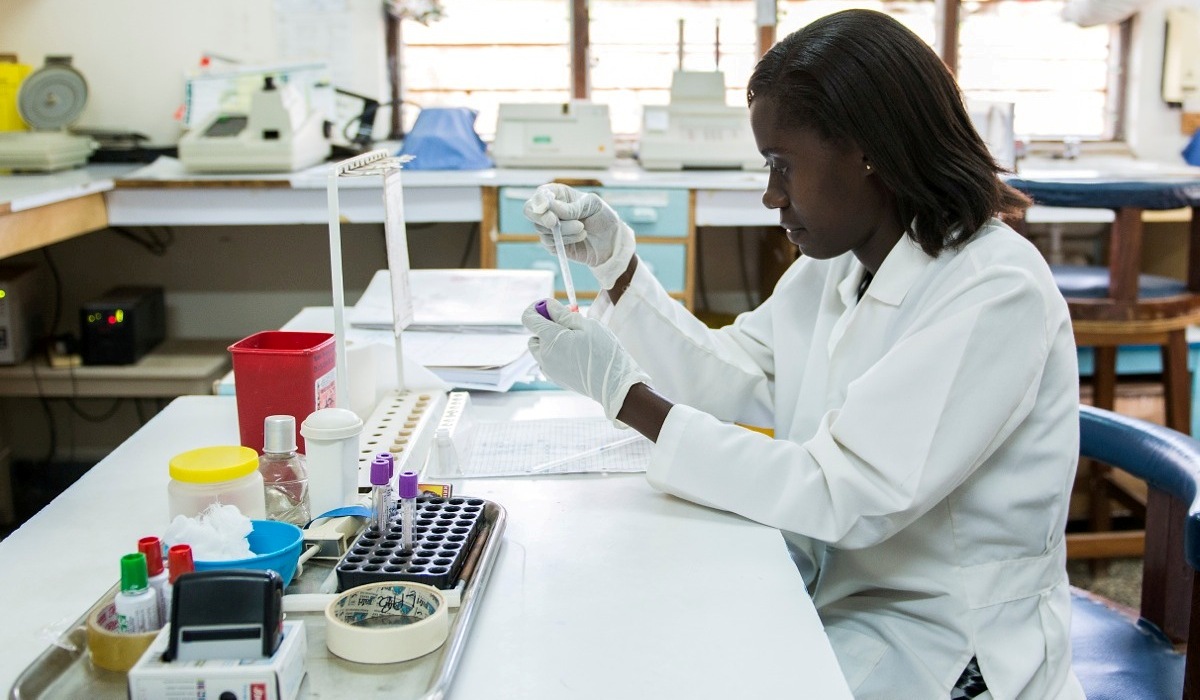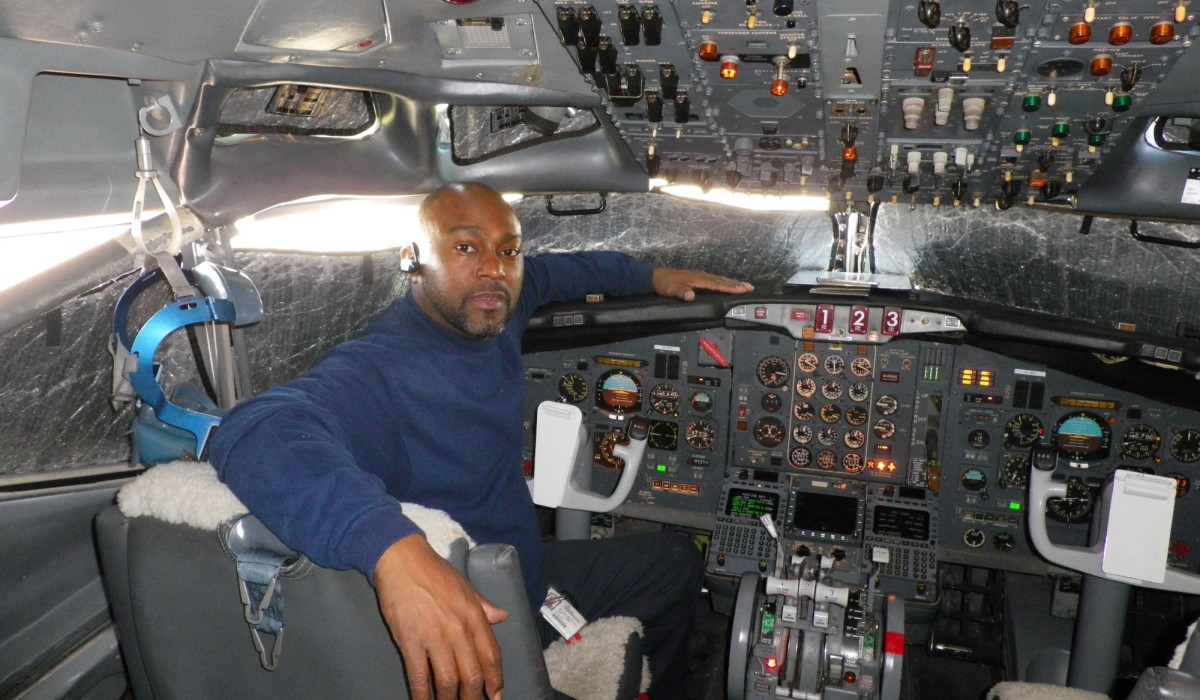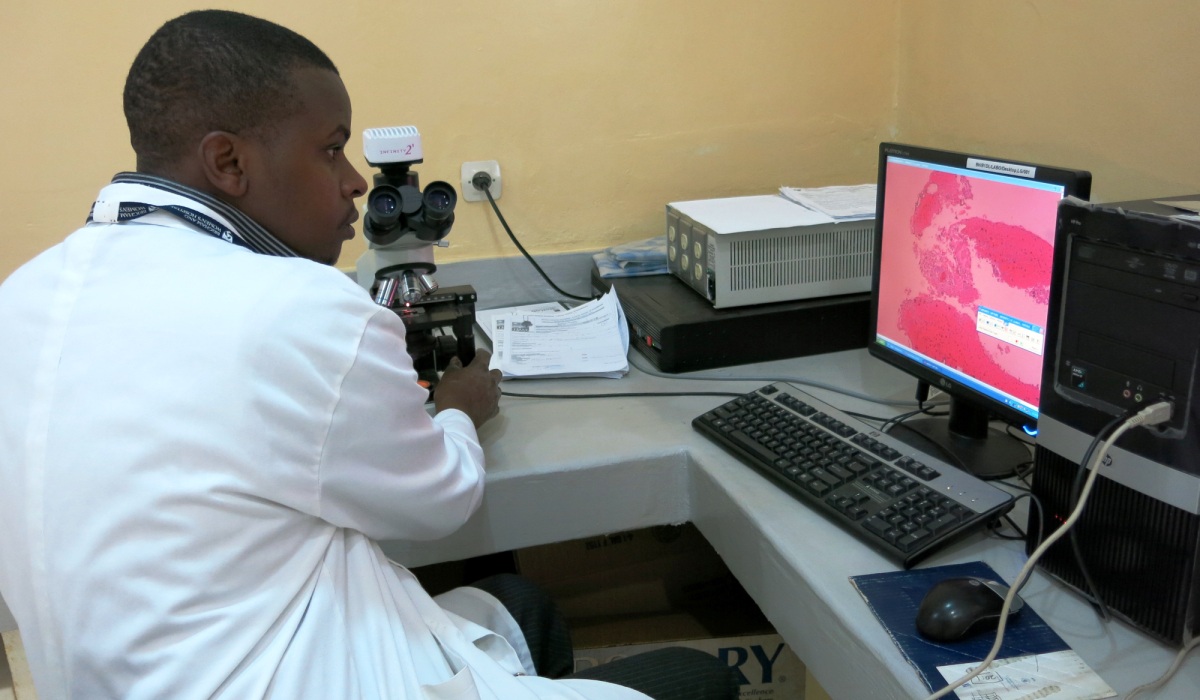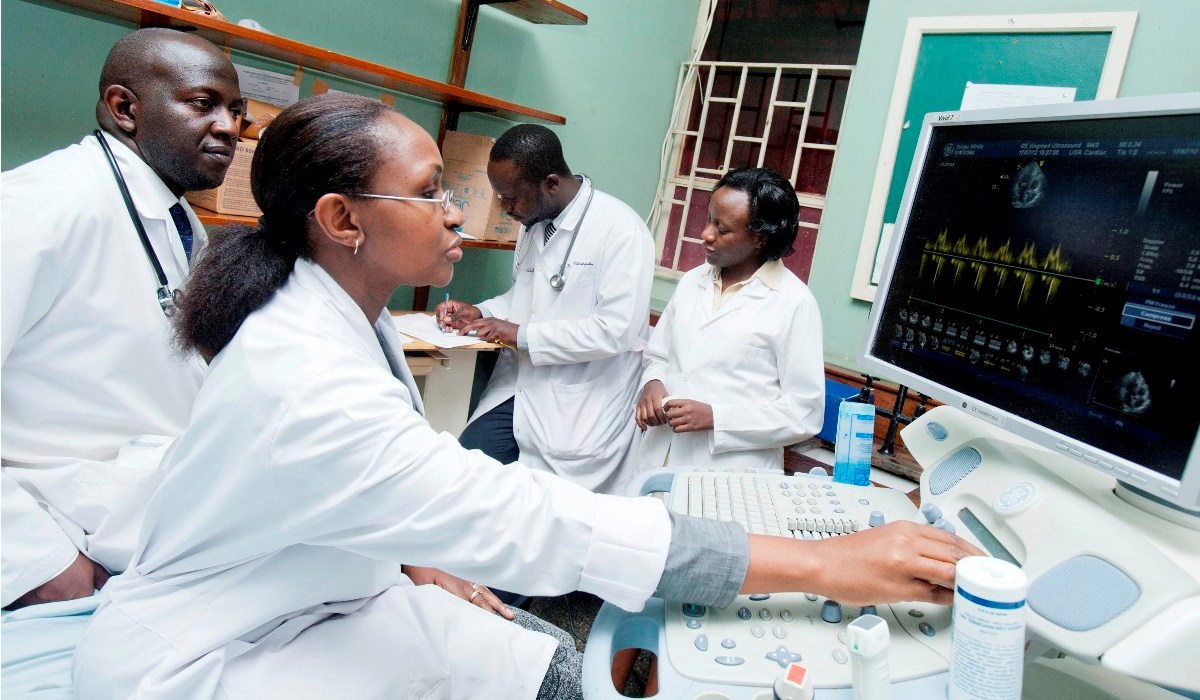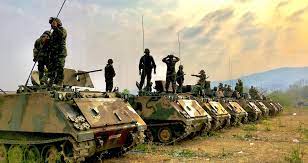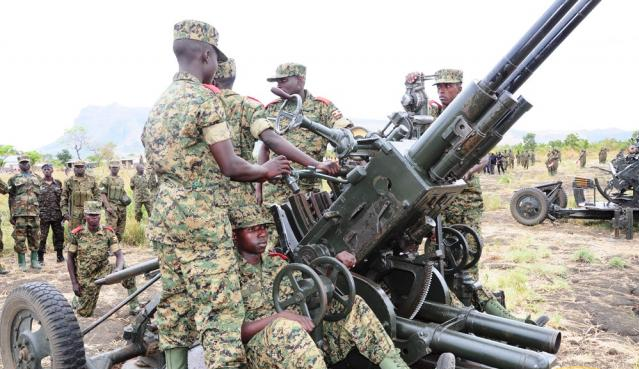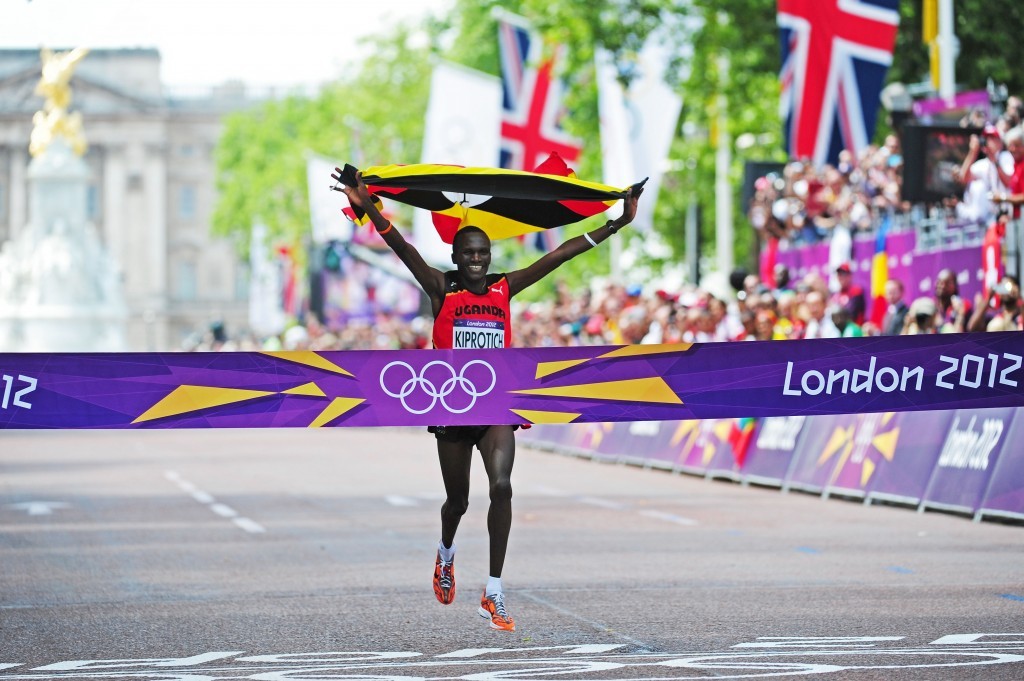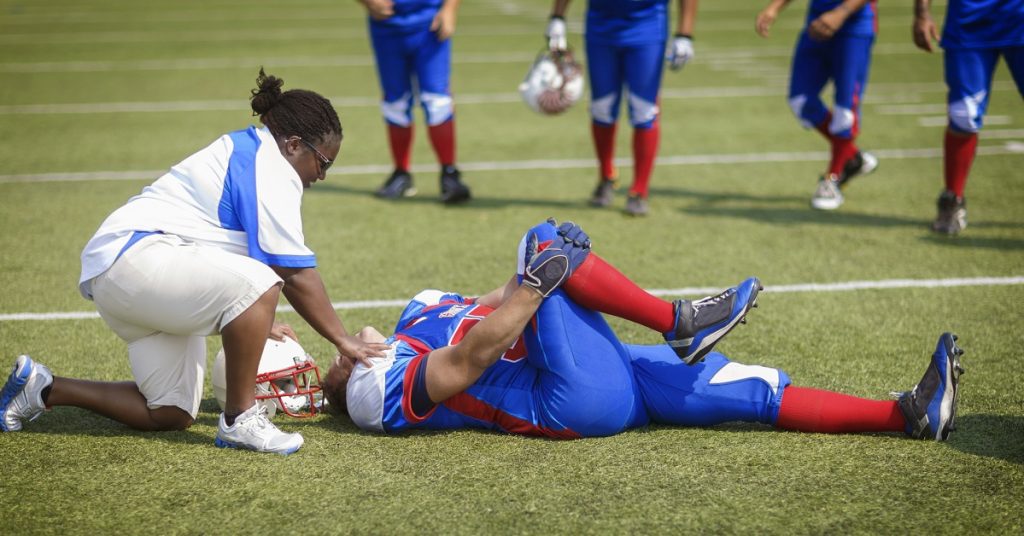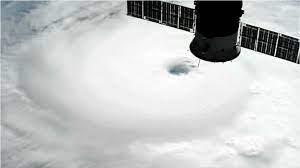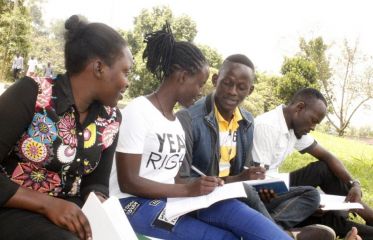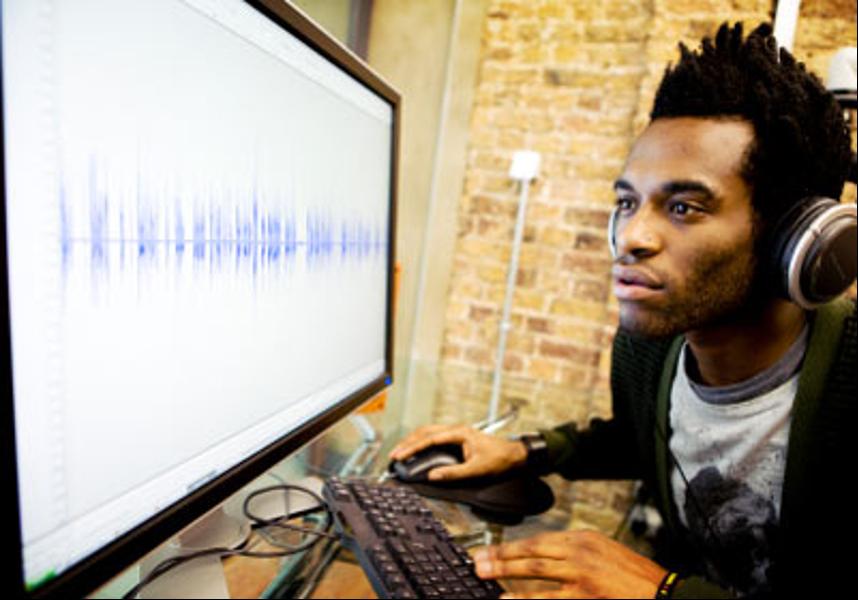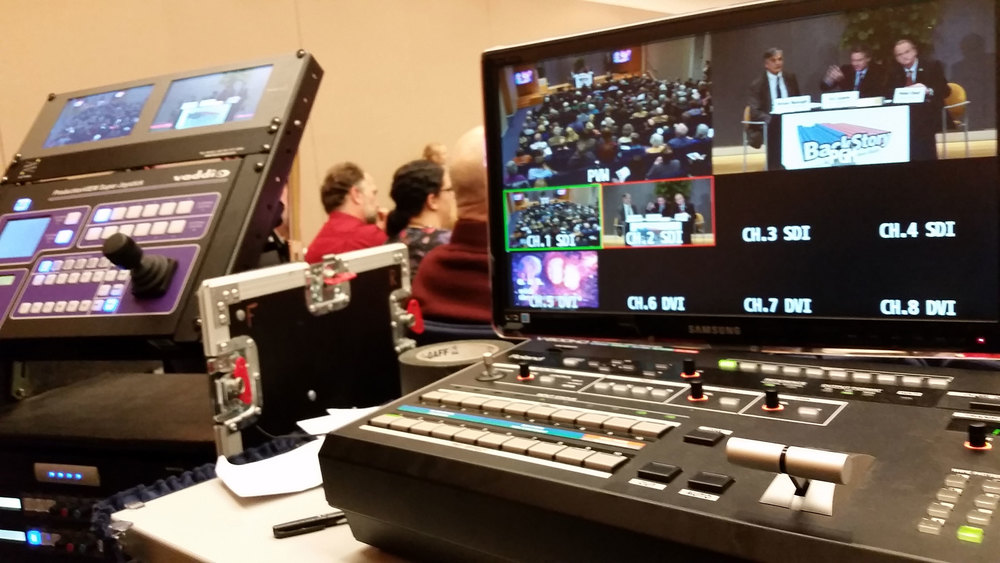Breaking News
- Flexible Remote Work Opportunity for University Students: Earn $100–$250 Per Month ...Read More
- Ministry of Education and Sports Azerbaijan Government Scholarships For 2025-2026 Academic Year ...Read More
- Government Sponsorship Undergraduate Admission Lists 2025-26 for Makerere University ...Read More
- Ministry of Education And Sports: Egyptian Government Scholarships 2025-2026 Academic Year ...Read More
- Ground Breaker Full Scholarship for girls to study Software Engineering 2025 July Intake ...Read More
- Tony Elumelu Foundation Entrepreneurship Programme (TEEP) 2025 for young African Entrepreneurs ...Read More
- DESIGNING FUTURES 2050 International Design Competition 2025 (€15,000 prize) ...Read More
- Ground Breaker Full time Scholarship for girls to study Software Engineering 2025 Intake ...Read More
- Ministry of Education And Sports Algerian Vocational Training Scholarships for 2024-2025 AY ...Read More
- Ministry of Education and Sports Advert for the Algerian Government Scholarships for 2024-2025 ...Read More
Artillery and Missile Crew Members
Target, fire, and maintain weapons used to destroy enemy positions, aircraft, and vessels. Field artillery crew members predominantly use guns, cannons, and howitzers in ground combat operations, while air defense artillery crew members predominantly use missiles and rockets. Naval artillery crew members predominantly use torpedoes and missiles launched from a ship or submarine. Duties include testing, inspecting, and storing ammunition, missiles, and torpedoes; conducting preventive and routine maintenance on weapons and related equipment; establishing and maintaining radio and wire communications; and operating weapons targeting, firing, and launch computer systems.
Add to Favourites Know moreArtillery and Missile Officer
Manage personnel and weapons operations to destroy enemy positions, aircraft, and vessels. Duties include planning, targeting, and coordinating the tactical deployment of field artillery and air defense artillery missile systems units; directing the establishment and operation of fire control communications systems; targeting and launching intercontinental ballistic missiles; directing the storage and handling of nuclear munitions and components; overseeing security of weapons storage and launch facilities; and managing maintenance of weapons systems.
Add to Favourites Know moreAssessor
Appraise real and personal property to determine its fair value. May assess taxes in accordance with prescribed schedules.
Add to Favourites Know moreAstronomer
Observe, research, and interpret astronomical phenomena to increase basic knowledge or apply such information to practical problems.
Add to Favourites Know moreAthlete and Sports Competitor
Athletes and sports competitors participate in organized, officiated sporting events to entertain spectators.
Add to Favourites Know moreAthletic Trainer
Evaluate and advise individuals to assist recovery from or avoid athletic-related injuries or illnesses, or maintain peak physical fitness. May provide first aid or emergency care.
Add to Favourites Know moreAtmospheric and Space Scientist
Investigate atmospheric phenomena and interpret meteorological data, gathered by surface and air stations, satellites, and radar to prepare reports and forecasts for public and other uses. Includes weather analysts and forecasters whose functions require the detailed knowledge of meteorology.
Add to Favourites Know moreAtmospheric, Earth, Marine, and Space Sciences Teacher, Postsecondary
Teach courses in the physical sciences, except chemistry and physics. Includes both teachers primarily engaged in teaching, and those who do a combination of teaching and research.
Add to Favourites Know moreAudio and Video Equipment Technician
Set up, or set up and operate audio and video equipment including microphones, sound speakers, video screens, projectors, video monitors, recording equipment, connecting wires and cables, sound and mixing boards, and related electronic equipment for concerts, sports events, meetings and conventions, presentations, and news conferences. May also set up and operate associated spotlights and other custom lighting systems.
Add to Favourites Know moreAudio-Visual and Multimedia Collections Specialists
Prepare, plan, and operate multimedia teaching aids for use in education. May record, catalogue, and file materials.
Add to Favourites Know more

























